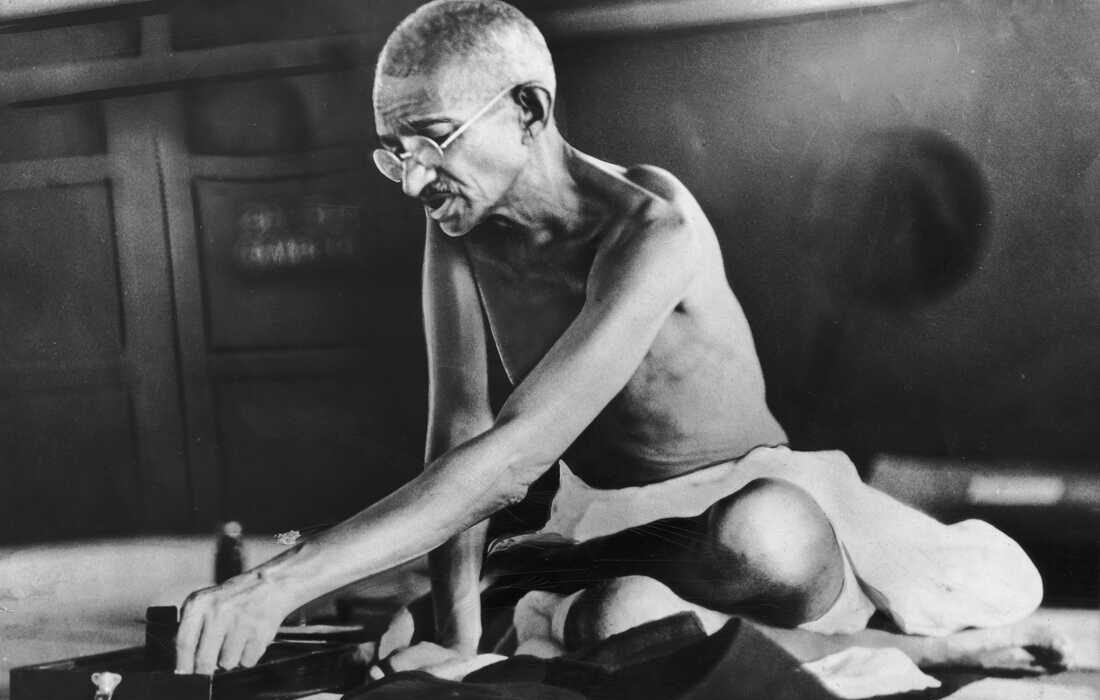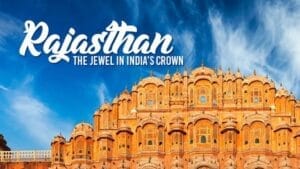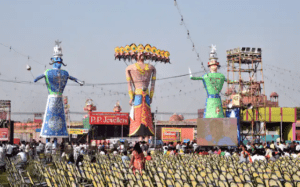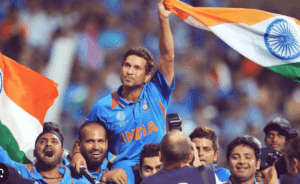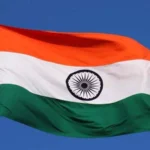Gandhi Assassination: A Tragic Day in History is a poignant and heart-rending event that still haunts the world today. Mohandas Karamchand Gandhi, also known as Mahatma Gandhi, was one of the world’s greatest leaders when he passed away on January 30, 1948. A fanatic who opposed this legendary leader’s views and ideals carried out his assassination. Because it marked the end of an era and the loss of a great soul, the event is regarded as one of the most tragic days in India’s and the world’s history.
Mahatma Gandhi, a true visionary, devoted his life to promoting peace, equality, and nonviolence. He was a man of the people who worked hard to improve people’s lives and change things. His nonviolent resistance philosophy inspired millions of people worldwide, and this trend continues today. Despite the overwhelming opposition he faced, Gandhi never wavered from his beliefs and remained steadfast in his commitment to his cause.
The Early Life of Gandhi
On October 2, 1869, Mohandas Karamchand Gandhi was born in the coastal town of Porbandar on the Kathiawar Peninsula in western India. He was raised in a strict and religious household and belonged to a Hindu family. Gandhi demonstrated a keen interest in religion and philosophy as well as an aptitude for learning from a young age. In 1888, he was sent to England to study law, where he was greatly influenced by the writings of Leo Tolstoy and Henry David Thoreau.
Gandhi returned to India after completing his education and began practicing law. However, he began looking for a more meaningful way to serve his country and its people as soon as he became dissatisfied with the legal system and its numerous injustices. He became a leader in the Indian National Congress, a political party devoted to securing independence from British rule, and realized that politics was where he belonged.
Gandhi’s Political Career
Gandhi’s political career was characterized by his commitment to nonviolence and capacity for mass mobilization. He successfully led a number of campaigns against the British government, including the Salt March in 1930, which protested a British salt tax. The Salt March established Gandhi’s reputation as a leader of the independence movement and marked a turning point in his career.
Throughout the 1930s and 1940s, Gandhi continued to lead the independence movement, inspiring millions of Indians to join him in his cause. His methods of civil disobedience and nonviolent resistance were very successful, and in 1947, the British government was forced to give India its independence.
Gandhi’s Life and Legacy
Gandhi, who is also known as the “Father of the Nation,” was born in Porbandar, India, in 1869. Porbandar is a coastal town that is now in Gujarat. After receiving his legal education in the United Kingdom, he moved back to India and became involved in the independence movement there. Gandhi was a vocal proponent of civil rights and nonviolence, and the peaceful protests and demonstrations he organized around the world served as inspiration for numerous movements, including the American Civil Rights movement.
Gandhi was imprisoned multiple times throughout his life for his activism, but he never wavered in his commitment to nonviolence. He successfully led the Salt March in 1930 and the Quit India Movement in 1942 against the British government.
People all over the world continue to be inspired by Gandhi’s legacy. He is widely regarded as one of history’s greatest leaders, and his nonviolence philosophy is still relevant today.
The Assassination
On January 30, 1948, a Hindu nationalist named Nathuram Godse killed Gandhi. Godse belonged to the Hindu extremist group Rashtriya Swayamsevak Sangh (RSS), which opposed Gandhi’s nonviolent philosophy and efforts to unite Hindu and Muslim communities.
Godse fired three shots at Gandhi from close range as he was walking to a prayer meeting, instantly killing the leader. The murder shocked the entire world and sparked widespread Indian protests and riots.
The Aftermath
The Indian National Congress, Gandhi’s political party, split into two factions following his death. Jawaharlal Nehru, who later became India’s first Prime Minister, led one faction, while Sardar Vallabhbhai Patel led the other.
Violence broke out in many parts of India following Gandhi’s death, escalating tensions between Hindu and Muslim communities. However, he is remembered as one of the greatest leaders of all time because of his nonviolent philosophy and legacy, which continue to inspire people all over the world.
Conclusion
The tragic assassination of Gandhi was a dark day in India’s history. His life and legacy, on the other hand, continue to inspire people all over the world, and his nonviolent philosophy is still relevant today. In honor of Gandhi, we must remember his teachings and work toward a more peaceful and just world.
When was Gandhi born and where was he born?
Gandhi was born on October 2, 1869, in Porbandar, India.
What was Gandhi’s philosophy?
Gandhi’s philosophy was centered around nonviolence, peace, and equality.
What was the Salt March and when did it take place?
The Salt March was a protest led by Gandhi against a British tax on salt in 1930. It was a turning point in Gandhi’s political career.
Who assassinated Gandhi and why?
Gandhi was assassinated on January 30, 1948, by Nathuram Godse, a Hindu nationalist who was a member of the extremist group Rashtriya Swayamsevak Sangh (RSS) which opposed Gandhi’s philosophy of nonviolence and efforts to bring Hindu and Muslim communities together.
What was Gandhi’s legacy?
Gandhi’s legacy includes inspiring millions of people around the world with his philosophy of nonviolence, and he is remembered as one of the greatest leaders of all time. His teachings continue to be relevant in today’s world.

